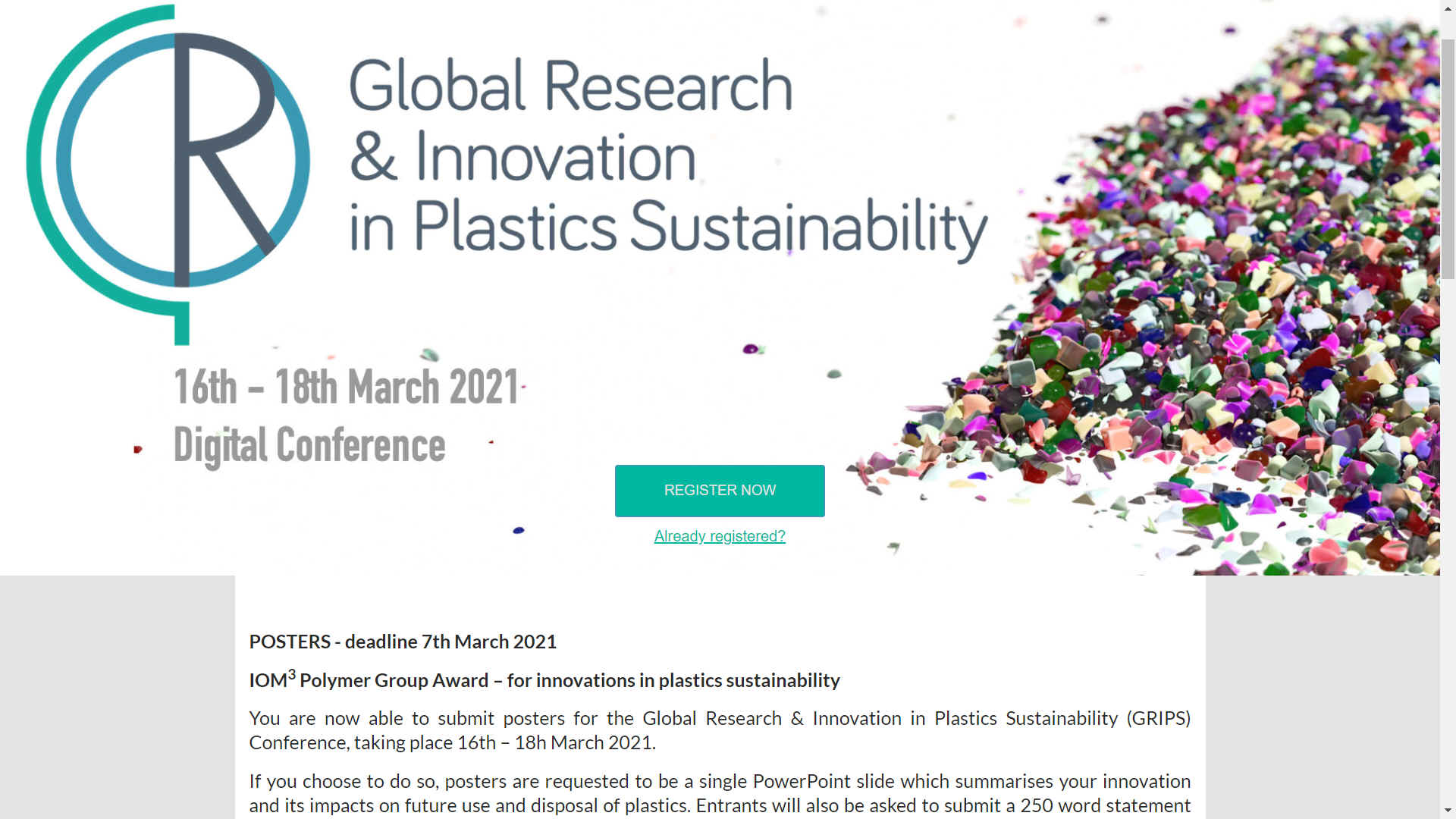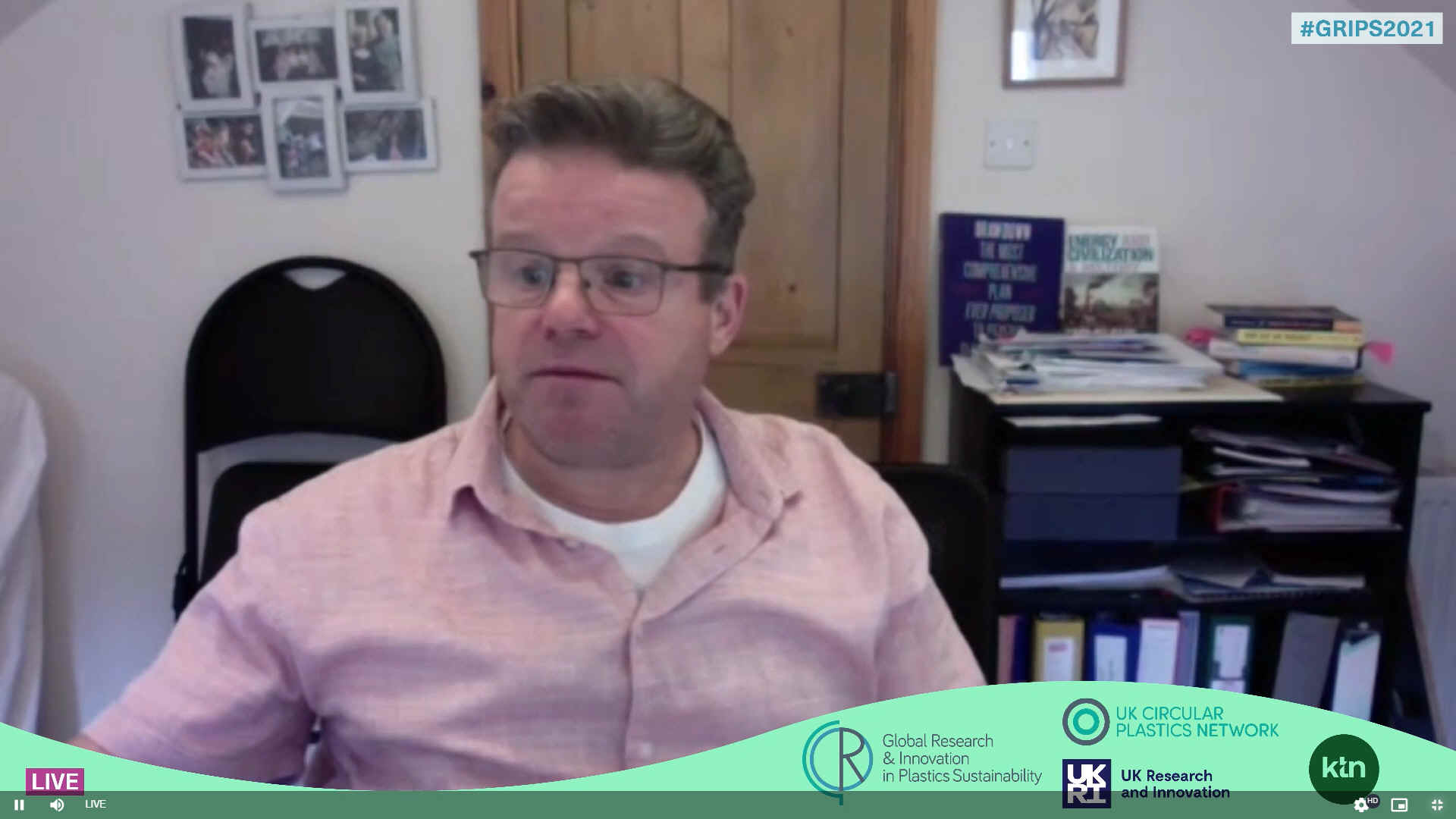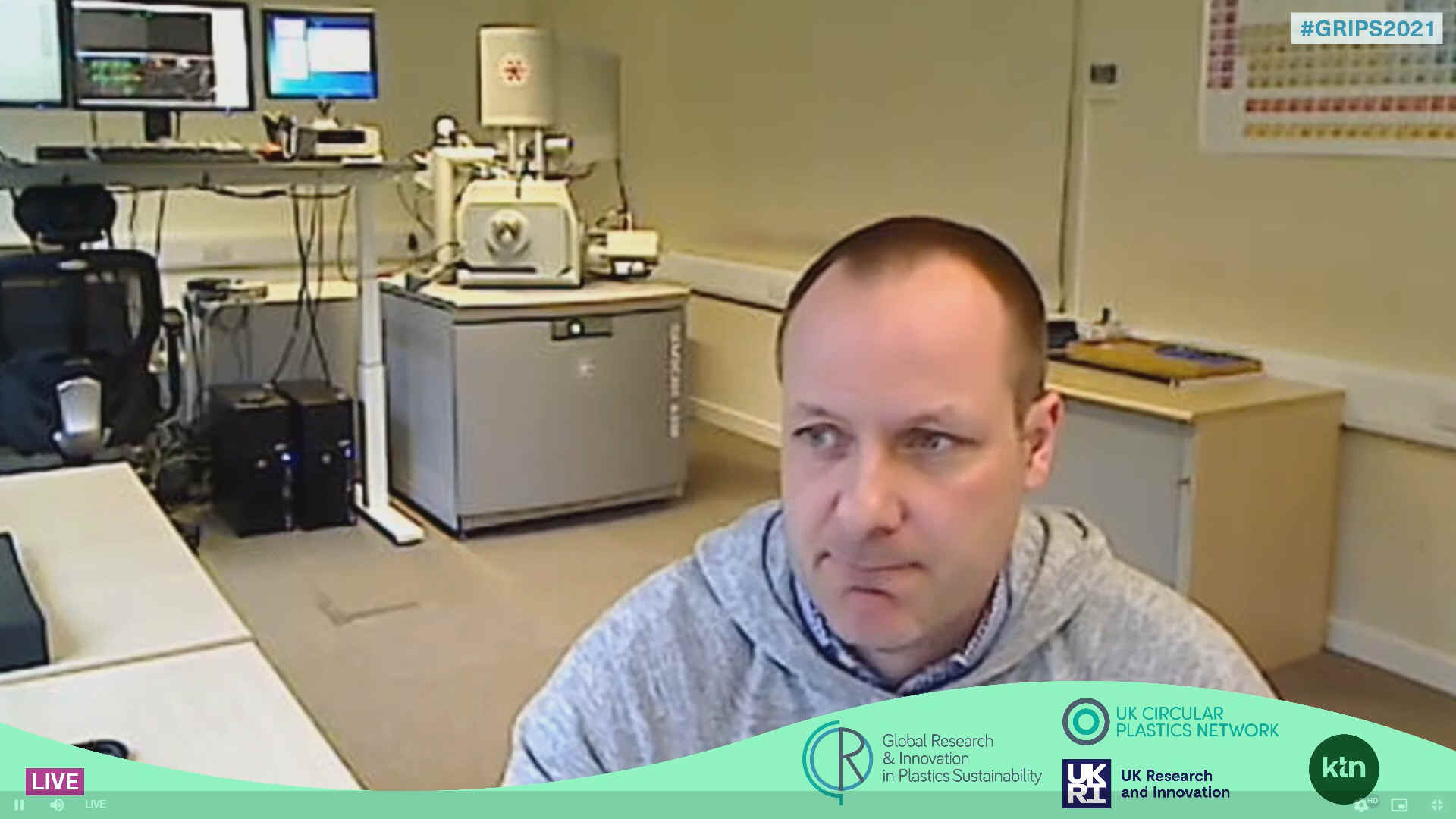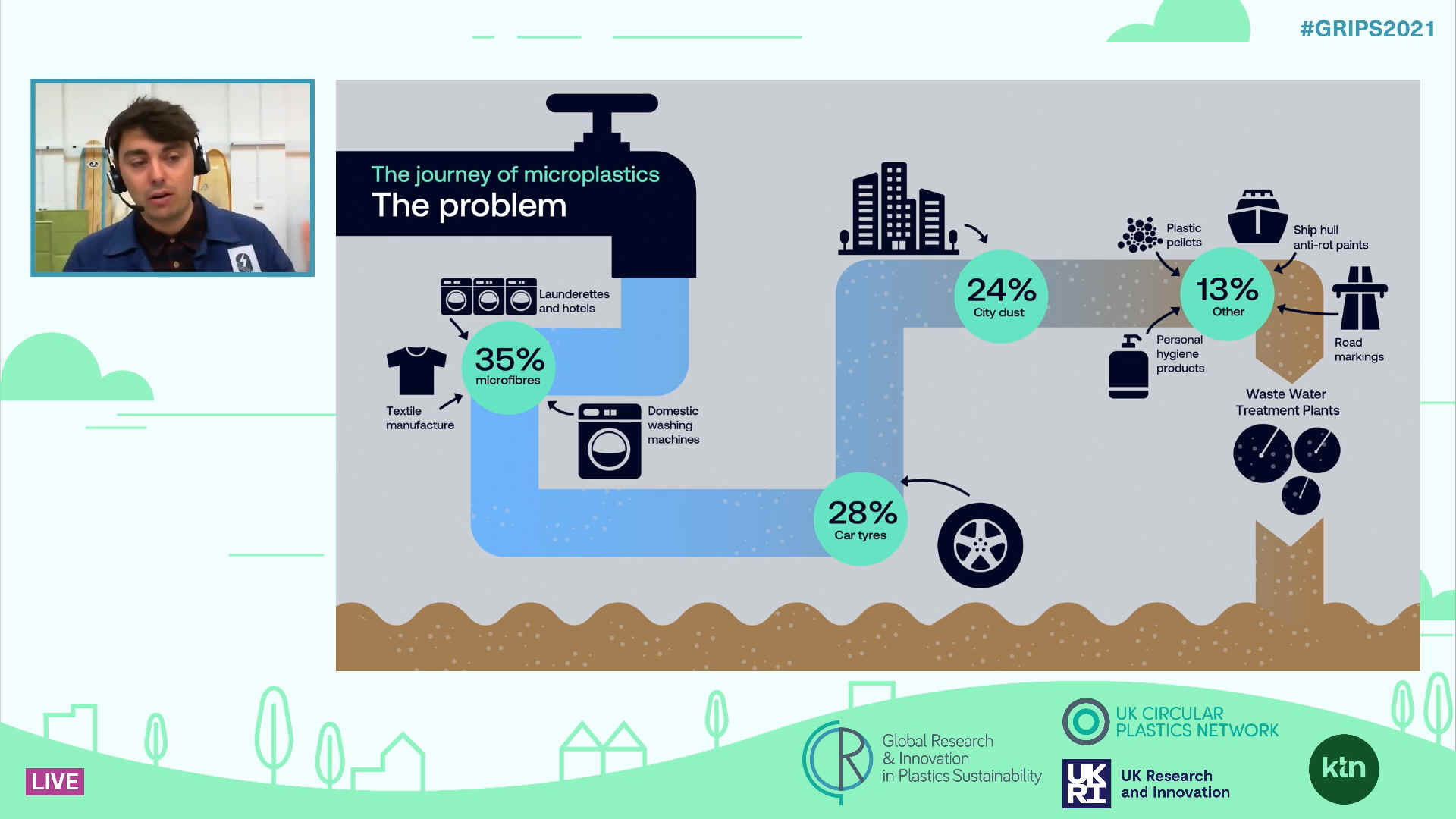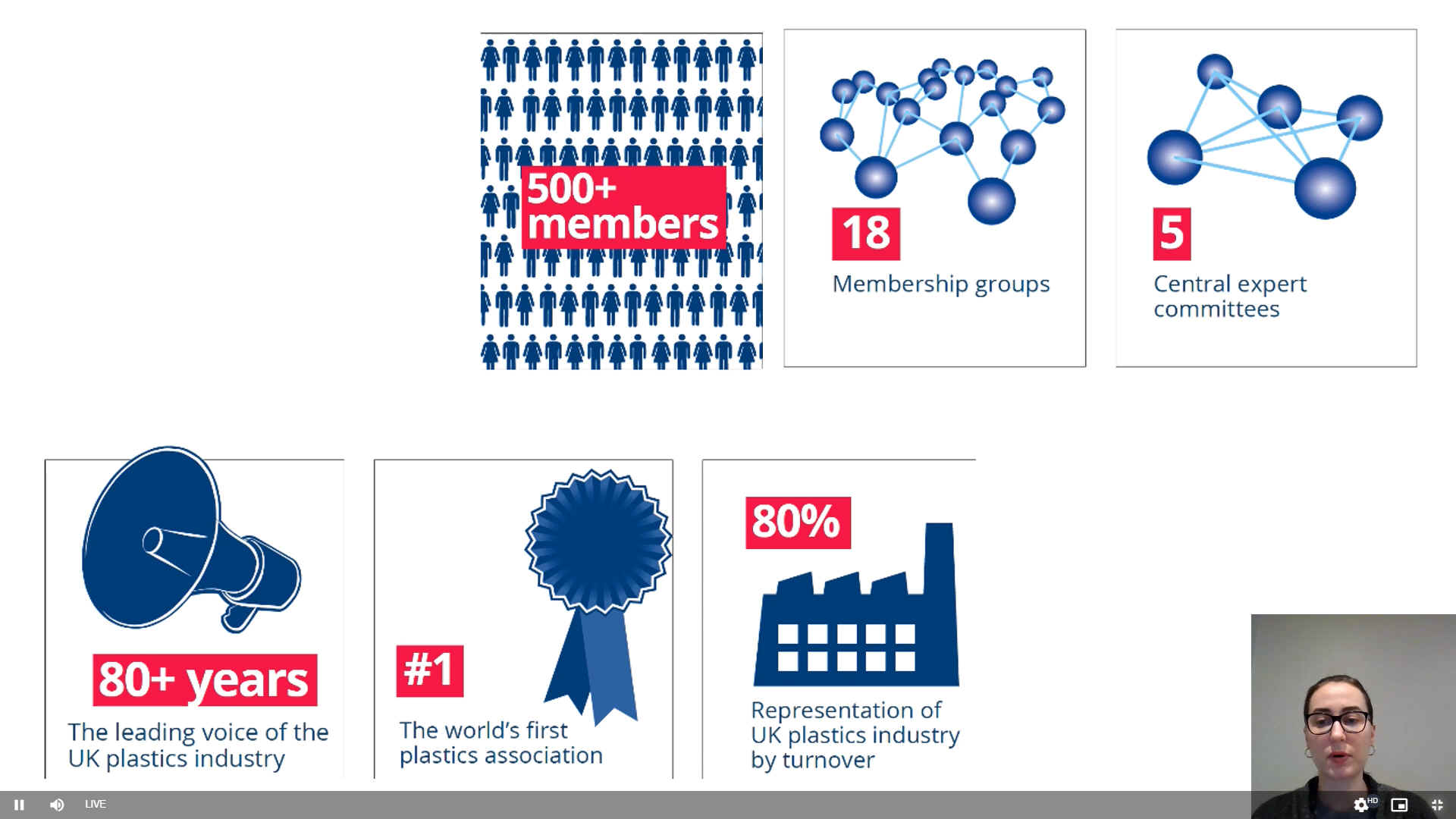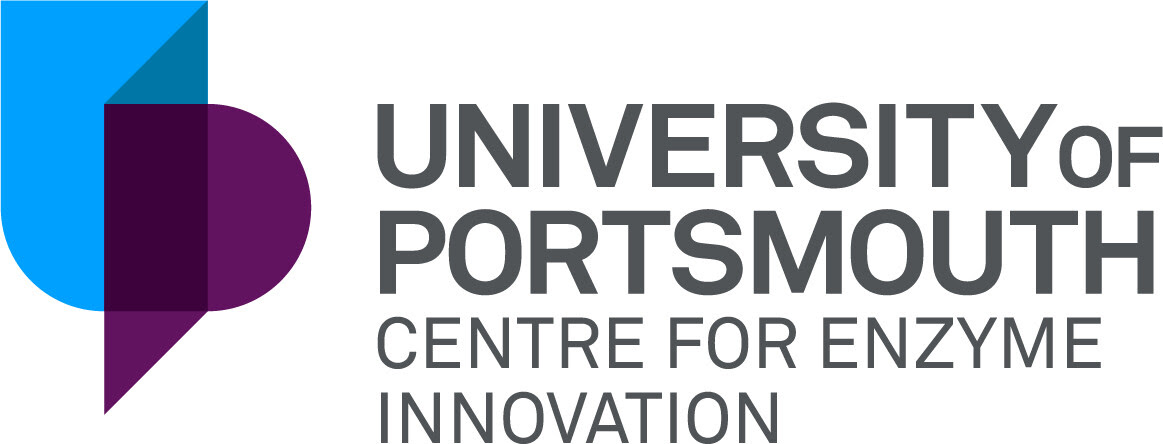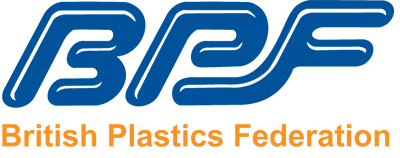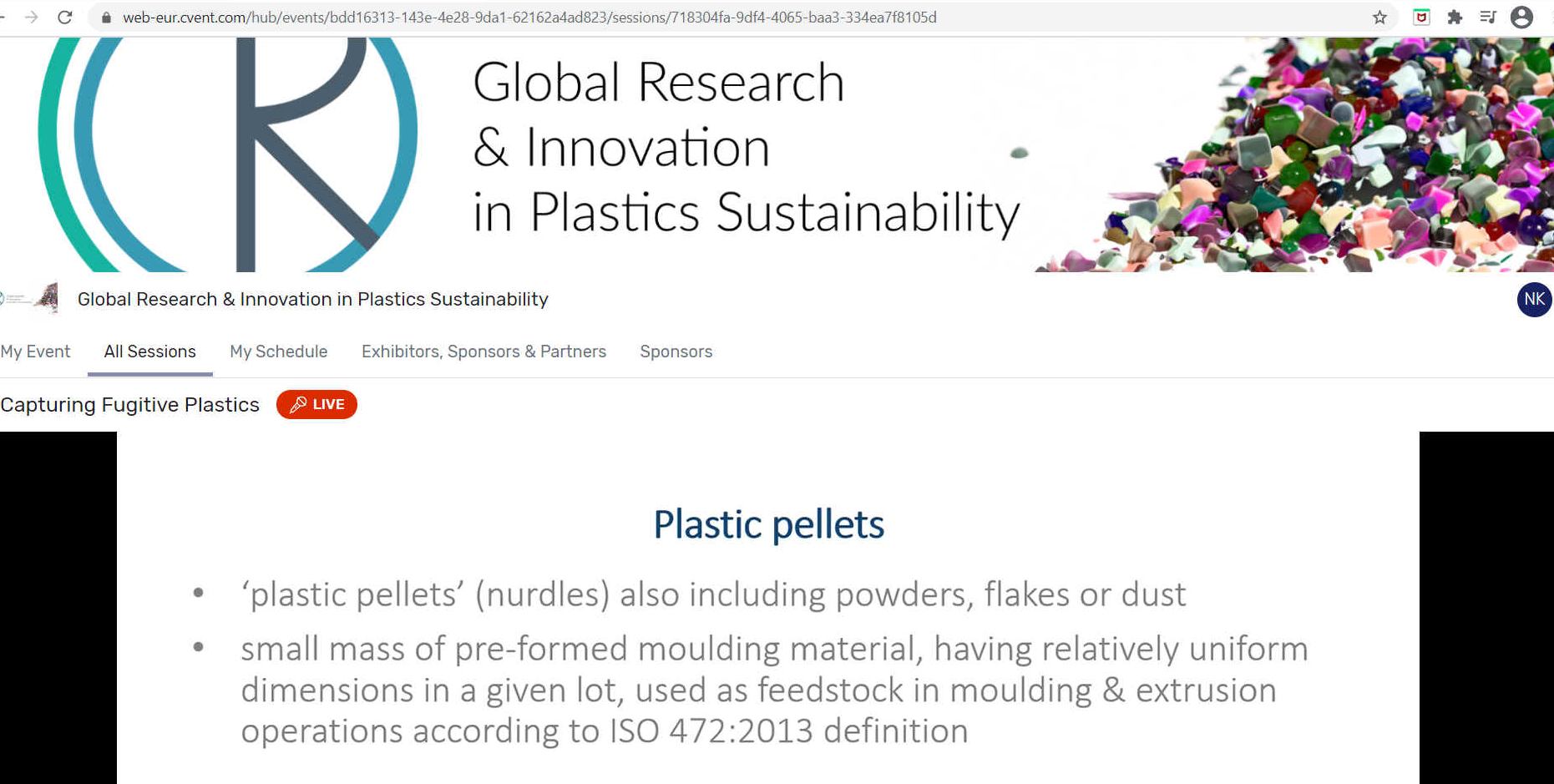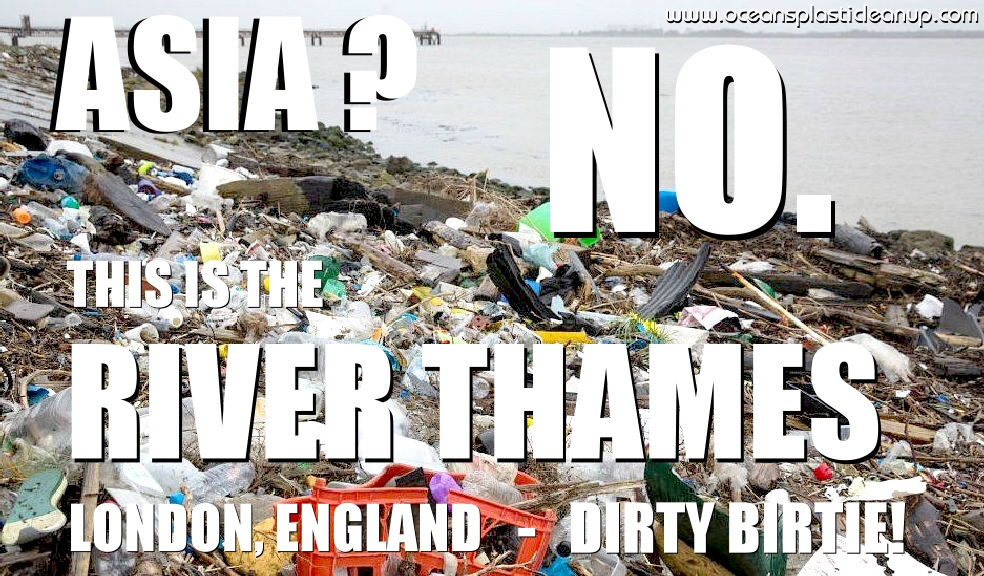|
GRIPS CAPTURING FUGITIVE PLASTICS 2021
BIODEGRADABILITY - CITIZEN ENGAGEMENT - FUGITIVE PLASTIC - KEYNOTE SPEAKERS - MICROFIBRES - MITIGATION IMPLICATIONS - POLICIES
PLEASE USE OUR A-Z INDEX TO NAVIGATE THIS SITE, OR SEE HOME
|
||
GETTING A GRIP ON PLASTIC - Is a conference on plastic research and innovation.
SPEAKERS
Lorna Anguilano is a material scientist and archaeometallurgist. She is currently developing the X-ray diffraction facility at ETC, providing consultancy in material characterisation and failure’s diagnosis as well as actively generating and developing researches in archaeometry and modern materials characterisation and development. Her research involves reconstruction of ferrous and non-ferrous metal production from different areas and periods, and makes use of chemical, metallographic and mineralogical techniques such as XRF, OM, SEM-EDS and XRD.
Adela
is the Sustainability Issues Executive at the British Plastics Federation, now marking 10-years of Operation Clean Sweep, the international industry initiative to stop plastic pellet loss to the environment, with a special report looking at progress so far and next steps.
Tony Ryan - Professor of Physical Chemistry, University of Sheffield
Tony focuses on the global challenge of the food, water, and energy nexus; feeding a growing world population; reducing the impacts of agriculture and food production that account for 30% of green house gas emissions and 70% of water use; and harnessing the power of the sun for food production and renewable energy.
Adam undertakes research and studies on accumulations of micro particles, discovering that rubber and disc brake dust contributes to the air we breathe is cities. He gave an interesting talk on the journey of microplastics from clothes, to washing machine, from cities and finally to the ocean, where everything that is mobile ends up eventually.
Q&A
- Upcoming questions & Answered
Q.
With the methodology used, fibres are counted? Q.
Hi Adam - could the heavy metals also come from disc brake pads ?
Q. Question for Adam: You mentioned the need for policy: could you elaborate on what type of policies are needed to support implementation and upscaling?
Juliet Carvalhal
Q. How do you identify tyre wear particles? Can they be identified with FTIR as they are black?
Q. We are thinking of adding filters to washing machines to capture macro plastics. Any idea what kind of filter might work best?
SPONSORS
EXHIBITORS
CONTACTS
Aileen Woodley | Events Manager, KTN
OCEAN CLEANUP PROJECTS A - Z
* Adidas * Algalita research foundation * Aliance to end Plastic Waste AEPW * Baltimore Mr Trash river cleaning barge * Boyan Slat's ocean booms * CLAIM H2020 EU marine plastic project * Earth Day - Fact sheet ocean plastic * Fionn Ferreira's ferrofluid extraction of microplastics * FlashLight Press Michelle Lord & Julia Blatt * GRIPS - Global Research & Innovation in Plastics Sustainability * Interceptor tethered river cleaning barges * Junk Raft - plastic awareness voyage * Miss Ocean - Plastic Awareness Events * 4Ocean recycled plastic bracelets * Nike - Sneakers from recycled materials, ocean spills * Plastic Oceans Org * Seabin * SeaVax autonomous drones * Surrey University PIRATE & Triton
CAMPAIGN FOR ZERO WASTE - Supermarkets and oil companies have a lot to answer for. Politicians must explain why they let the retailers and fossil fuel industry get away with a practice they know to be harmful to marine life. Companies are largely driven by money and greed, their shareholders often kept in the dark. All the while millions of seabirds are dying, polar bears are playing with plastic and even shellfish have become inedible in some locations. This is morally unsound!
The River Thames is one of the filthiest rivers in the world in terms of microplastics and fibers. Yet nobody from the UK Government has made contact with the Foundation in over four years - even to test the water - nor Bluebird Marine in the two preceding years 2015-16. It speaks for itself that they must be happy as pigs in ---t!
Global Research and Innovation in Plastics Sustainability (GRIPS) is a conference, exhibition and showcase held on 16th – 18th March 2021 online. GRIPS is a virtual event for all those involved in the sustainability of polymers, plastics and elastomers.
In relation to the 7Seven Point Plastic Plan proposed in March of 2021 by the Cleaner Ocean Foundation's policy advisers, research into alternative methods of packaging and filming is essential for the Seven Articles to work effectively. Hence, the Foundation wholeheartedly supports such intervention by the Knowledge Transfer and UK Circular Plastics Network. The hope is that supermarkets may have the means to transform their thinking, along with drinks companies and appliance manufacturers.
GRIPS are not alone in the fight against ocean plastic. These emerging technologies could all play a part in containing the mountain of plastic that is accumulating on the oceans floors, by recovering floating debris before it sinks. New ideas are welcomed.
LINKS & REFERENCE
https://
GLOBAL RESEARCH & INNOVATION IN PLASTICS SUSTAINABILITY - BIODEGRADABILITY - CAPTURING FUGITIVE PLASTIC - EMERGING POLICIES - KEYNOTE SPEAKERS - MICROFIBRES - MITIGATION IMPLICATIONS
|
||
|
ABS - BIOMAGNIFICATION - CANCER - CARRIER BAGS - COTTON BUDS - DDT - FISHING NETS - HEAVY METALS - MARINE LITTER - MICROBEADS MICRO PLASTICS - NYLON - OCEAN GYRES - OCEAN WASTE - PACKAGING - PCBS - PET - PETROLEUM - PLASTIC - PLASTICS - POLYCARBONATE POLYOLEFINS - POLYPROPYLENE - POLYSTYRENE - POLYTHENE - POPS - PVC - SHOES - SINGLE USE - SOUP - STRAWS - WATER
|
||
|
This website is provided on a free basis as a public information service. copyright © Cleaner Oceans Foundation Ltd (COFL) (Company No: 4674774) 2021. Solar Studios, BN271RF, United Kingdom. COFL is a company without share capital.
|
